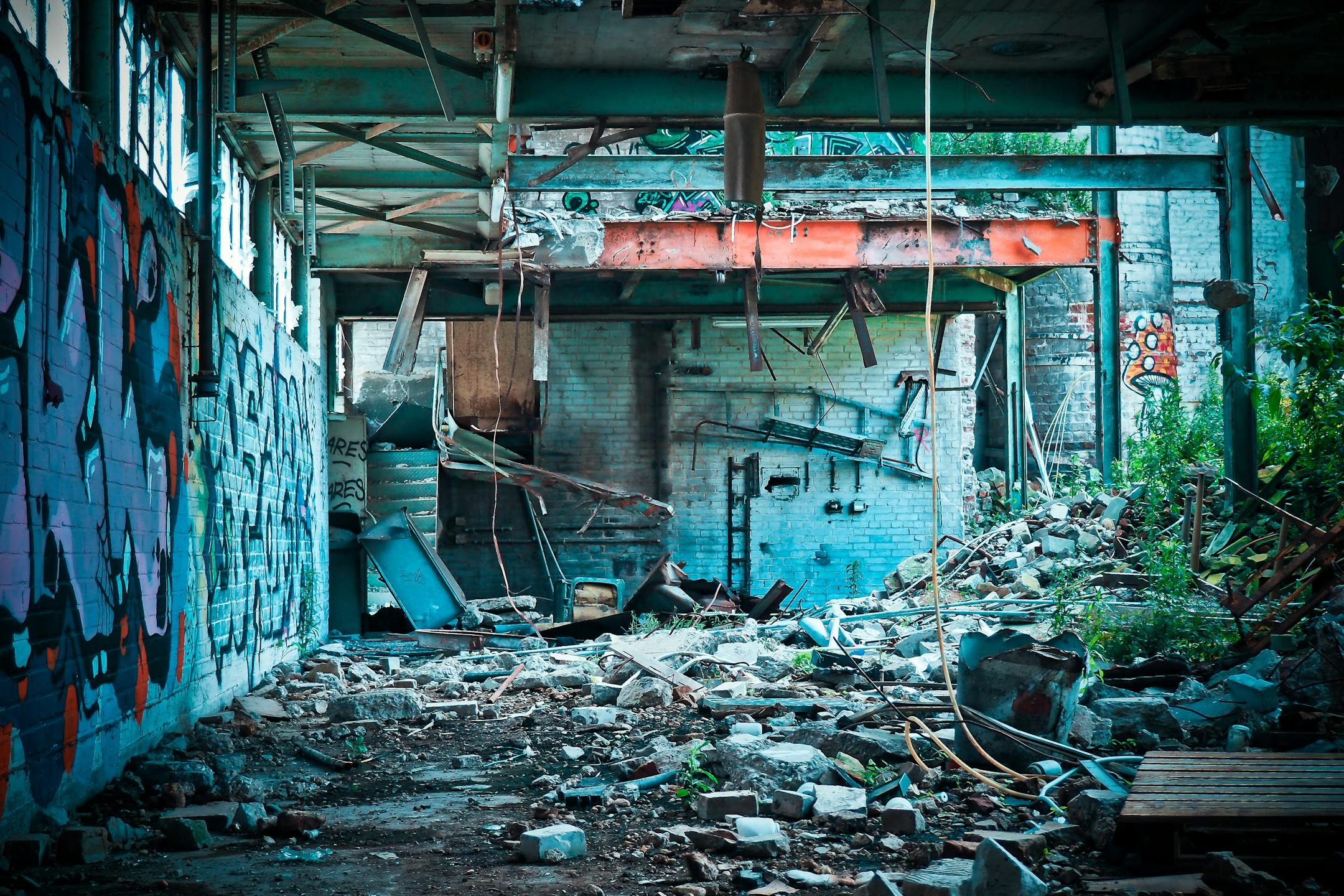They arrived with stones but departed staring at the ground – reckoned with, not righteous. Grace is more than just mercy; it is a confrontation that reveals both the accused and the accuser. Holiness is not defined by who throws the first stone, but by who is willing to let it fall.
Yes, they approached with stones, law on their lips and judgment in their hands, dragging a woman through the streets, her sin laid bare for all to see. And then there was Jesus – dragging His fingers through the dirt.
The accusers came to make a point, to ensnare Him in a trap. But they left looking at the ground, their hands suddenly too heavy to throw. Because when the divine writes in dust, the self-righteous lose their footing.
But what happens when you realise you, too, could be the woman caught in adultery? When your secrets are laid bare, your failures exposed, and the weight of shame pins you to the ground – waiting for the stone to drop? Or worse – when you grasp the cold, heavy stone in your own hand? The judgments you’ve justified. The gossip you’ve excused. The righteousness you’ve wielded like a weapon.
Hello, holy one in Christ, defending the fallen (or perhaps, the crumbling standards of purity). Whose stone do you hold in your hand? How have you mistaken power for purity? How have you confused uniformity that condemns with holiness? How have you constructed altars of condemnation and called it truth?
All the while, Jesus writes in the dirt. Not only with the accused but also with the accusers. With us. His stern gaze cuts through the crowd, making it clear:
Grace is not merely a concept – it is a confrontation. It unravels every self-righteous defence and leads us to the realisation that we all stand exposed and none of us are clean.
This is not just a call for grace; it’s an unveiling.
A reckoning.
A reminder.
• Holiness is not about who throws the first stone, but about who is willing to drop it.
• Belonging is not about being spotless, but about being seen – and still wanted.
• The real scandal was never the woman’s sin, but the grace that chose not to condemn her.
So let the stones fall. Let the walls crack. Let those who thought they held the moral high ground sink to their knees and finally see the dirt beneath them. Because the writing remains. Perhaps it’s time we begin to read it.
Maybe it’s time we stop acting as judges and start sitting in the dust beside those we were so quick to cast out. Perhaps it’s time we release our grip on the stones and reflect on why we ever picked them up in the first place. And maybe, just maybe – it’s time we learned to let them go for good.
Here’s the truth:
The ones who left that day – the ones who allowed their stones to slip from their hands – didn’t depart feeling righteous. They left feeling reckoned with. And that is where grace begins. It’s not about proving our worth or defending our beliefs; it’s about being brought to our knees by the weight of mercy we have encountered.
So go ahead, walk away if you must. But before you do, take a moment to glance down at the dust where He inscribed. Because the dirt is still there. And the writing continues to speak.
A Call to Reflection:
As we consider the weight of our own stones, I invite you to reflect on this: What does it mean to embrace vulnerability in a world that often demands perfection? Have you found yourself in a moment of judgment, either casting stones or feeling their weight upon you?
Let’s engage in this dialogue, not with answers but with honest reflections that can help us all grow. Your voice matters here, and together we can explore what it truly means to create a space of belonging.

Leave a Reply